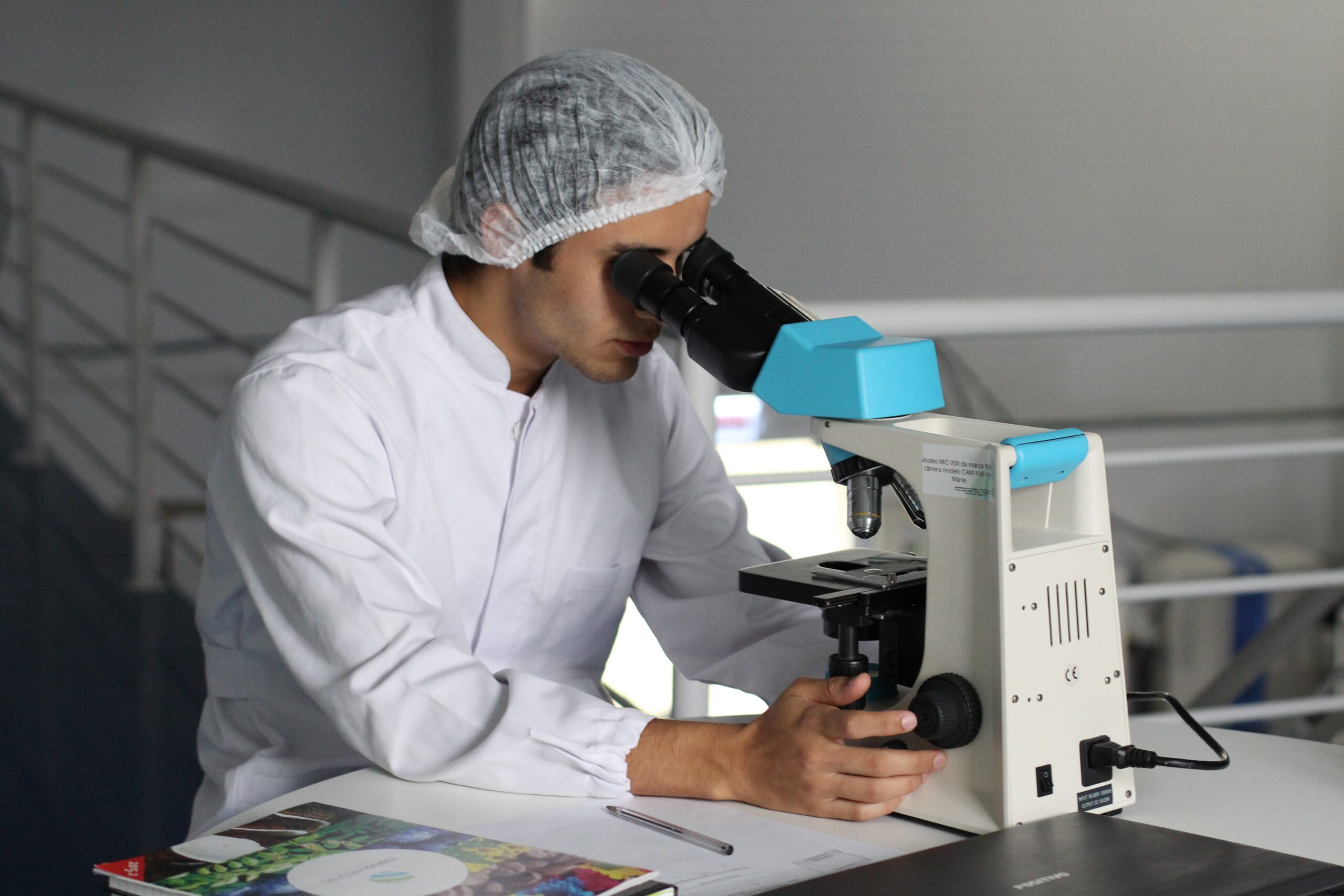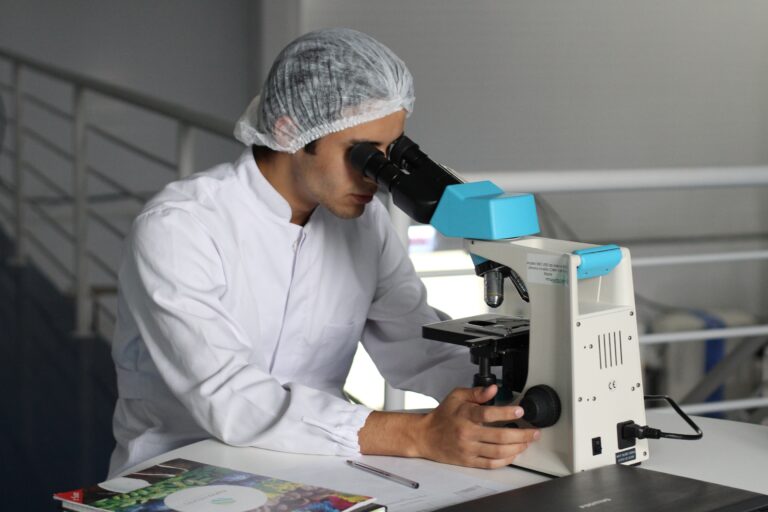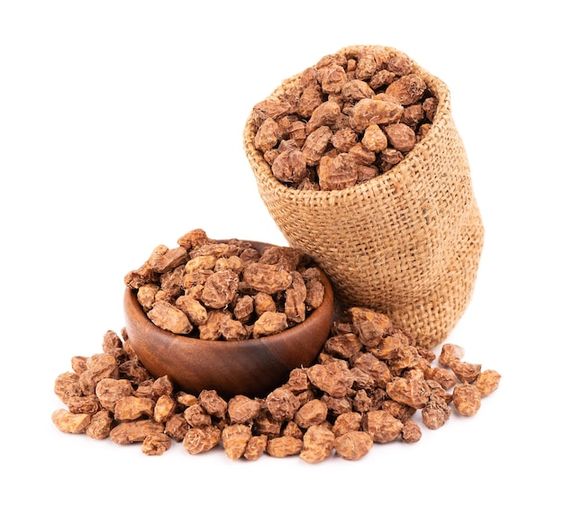Upset associations among memory and hunger controlling mind circuits are straightforwardly relative to weight record (BMI), outstandingly in patients who experience the ill effects of disarranged or gorging that can prompt stoutness, for example, pigging out jumble (BED), as per new examination from the Perelman Institute of Medication at the College of Pennsylvania. Distributed today in Nature, the exploration noticed that people who are corpulent have debilitated associations between the dorsolateral hippocampus (dlHPC) and the parallel nerve center (LH), which might affect their capacity to control or manage close to home reactions while expecting to remunerate dinners or treats.
“These discoveries highlight that a few person’s cerebrums can be essentially disparate in districts that increment the gamble for heftiness,” senior creator, Casey Halpern, MD, an academic administrator of Neurosurgery and Head of Stereotactic and Practical Neurosurgery at Penn Medication and the Corporal Michael J. Crescenz Veterans Undertakings Clinical Center. “Conditions like cluttered eating and weight are significantly more convoluted than essentially overseeing discretion and eating better. What these people need isn’t more self discipline, however what could be compared to an electrical technician that can make right these associations inside their mind.”

The dlHPC is situated in the locale of the mind that processes memory, and the LH is in the district of the cerebrum that is liable for keeping the body in a steady state, called homeostasis. Past examination has tracked down a relationship with loss of capability in the human hippocampus in people with heftiness and related cluttered eating, similar to BED. Notwithstanding, beyond imaging methods, for example, attractive reverberation imaging (X-ray), the job of the hippocampus has been challenging to concentrate on in people with heftiness and related dietary problems.
In this review, specialists had the option to assess patients whose minds were at that point being observed electrically in the Epilepsy Checking Unit. Scientists observed cerebrum movement as patients expected and afterward got a sweet treat (a chocolate milkshake). They found that both the dlHPC and the LH initiated at the same time when members expected to get the compensating dinner. These scientists affirmed utilizing excitement strategies spearheaded by coauthors, Kai Mill operator, MD, PhD, and Dora Hermes Mill operator, PhD, from Mayo Facility, that this particular zone of the hippocampus, the dlHPC, and LH showed serious areas of strength for incredibly, too.
In people with corpulence, analysts found that the debilitation of this nerve center hippocampus circuit was straightforwardly relative to their BMI. That is, in members with a high BMI, the association was considerably more upset.
To additionally approve the association, Halpern’s group utilized a procedure called “mind clearing,” to examine cerebrum tissue. The procedure uncovered melanin-concentrating chemical, a chemical known to direct taking care of conduct that is created in the LH. They tracked down the presence of MCH in the dlHPC, and no place else, affirming a connection between the two locales.
“The hippocampus has never been designated to treat weight, or the disarranged eating that can at times cause stoutness,” said Halpern. “We desire to have the option to utilize this examination to both distinguish which people who are probably going to foster corpulence sometime down the road, and to foster novel treatments – – both obtrusive and not – – to assist with further developing capability of this basic circuit that appears to turn out badly in patients who are stout.”
This exploration was supported by the Establishment for OCD Exploration, the Public Organization of Wellbeing (R01 MH124760, K23 MH106794, R01 NS095985), the Inherent Sciences and Designing Exploration Board of Canada (#40306) and the Canadian Foundations of Wellbeing Exploration (#41916).







